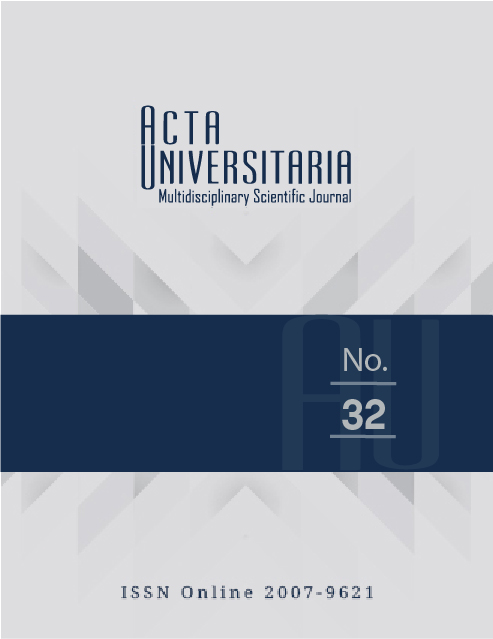Analysis of gibberellic acid from conceptual mapping through a bioethical and sustainable approach
Published 2022-06-08
How to Cite
Abstract
Gibberellic acid increases yield, the control of various developmental stages, and abiotic stress in crops. Research suggests that exposure of laboratory animals to gibberellic acid may be associated with organ malfunction. The objective of this work was to identify from bioethics and sustainability the benefits and harms of the use of gibberellic acid through conceptual mapping and socioformation. To this end, the eight axes of conceptual cartography were developed. It was found that there is interest in the production and sustainable application of gibberellic acid; however, that does not comply with the principles of bioethics. For this reason, it is concluded that the bioethical and sustainable approach in the use of gibberellic acid should be introduced from the training of agricultural professionals to generate knowledge that helps develop efficient and selective formulation.


